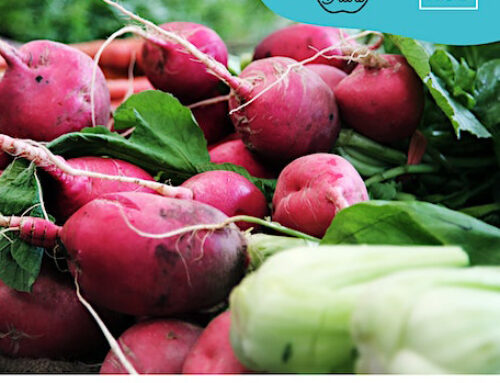Speakers:
Dee Woods, Granville Community Kitchen, IFAN and member of the Food Ethics Council
Kath Dalmeny – Chief Executive, Sustain: the alliance for better food and farming
Dr John Ingram – Associate Professor and lead of ECI Food Programme, University of Oxford
Sara Venn – Incredible Edible Bristol
Date: 31st March 2020
KEY INSIGHTS:
COVID-19 is affecting millions of people’s health and wellbeing and impacting their access to food. How we ensure the most vulnerable members of our communities are cared for and fed day-to-day, and how we create long-term systemic change so food systems can withstand sudden shocks like the current pandemic, are pressing and linked questions.
Responses to the urgent needs of people struggling to access food highlights strengths and weaknesses across our food system. Existing emergency food responders (e.g. food banks, community kitchens) were well placed to offer assistance in their communities, and new groups sprang up. The pandemic also saw a surge in individual citizens getting involved in community efforts to provide food and other services. Volunteer groups across the country set up food hubs, taking orders by phone for home delivery. Gardeners, allotmenteers and community growing groups gave food to local communities.
However, unprecedented demand and a decrease in donations created challenges that civil society and local communities struggled to meet. With limited assistance from local authorities and national governments, they were largely left to weather the crisis on their own.
The government’s response was limited to delivering food parcels to the strictly-defined medically vulnerable. These food parcels were welcome, but not always nutritious or culturally appropriate.
An army of small businesses and social enterprises acted fast to support their communities. They started box schemes, lent shop space, storage and cooking facilities and diverted produce to where it was most needed. However, there was very little centralised guidance on how they could do all this safely.
Lessons can be learned from how individuals, civil society and government responded to the urgent food needs of people in the pandemic. Key among them are:
- Strengthen connections between and support for local groups and networks.
- Recognition that food banks shouldn’t be expected to meet such massive need alone.
- Lobby for a sufficient safety net and a living wage for an adequate standard of living.
- Support for emergency food aid organisations to move operations to 100% delivery, so they can reach the most vulnerable.
- Provision of fresh and frozen produce, and the storage space to keep it.
- Clear and authoritative advice for small businesses, local food networks and food markets to manage social distancing while remaining open.
- Gathering and sharing data, to fill in current gaps in knowledge about what’s needed in the community.
- Involvement of nutritionists and dieticians at the food parcel planning stage to ensure people with medical/dietary needs are catered for.
- Access to cooking facilities.
- Marketing support for small/local producers, suppliers and retailers.
- Information and support to access benefits and financial support.
- Give land over to horticulture.
This summary draws heavily on a report of the event, written by the Food Ethics Council. The full report is available here. https://www.foodethicscouncil.org/resource/foodtalks-emergency-responses-to-covid-19/
Note:key questions to ask and/ or top tips
Has the time finally come for local, independent growers and retailers? COVID-19’s reframed our relationships with them – how can we ensure it’s a long-lasting change?
Speakers

Dee Woods, Granville Community Kitchen, IFAN and member of the Food Ethics Council
Dee is an urban agriculturalist, food educator, researcher and broadcaster. She has extensive experience working in diverse communities and co-founded Granville Community Kitchen, a food hub providing local community members with affordable, nutritious and sustainable food. In 2016, she was named Cook of the Year by the BBC Food and Farming Awards.

Kath Dalmeny, Chief Executive, Sustain
Kath is Chief Executive of Sustain and has wide-ranging experience directing projects associated with fair and sustainable food systems. Since 2016, she has been leading Sustain’s response to Brexit and since 2020 has directed the alliance on Food and Vulnerability, where she coordinates the emergency food response to the coronavirus pandemic.

Dr John Ingram, Associate Professor and lead of ECI Food Programme, University of Oxford
John is an Associate Professor and lead of the ECI’s Food Systems Research Programme at the University of Oxford. He has an extensive academic background in soil science and is interested in food security, food system resilience and conceptual understandings of food systems.


Sara Venn – Incredible Edible, Bristol
Sara is a horticultural professional, writer and food activist. She founded the Bristol branch of the Incredible Edible network, fostering community spirit through urban growing spaces. She regularly runs workshops and talks to teach people how to transform their garden for food growth.









Leave A Comment